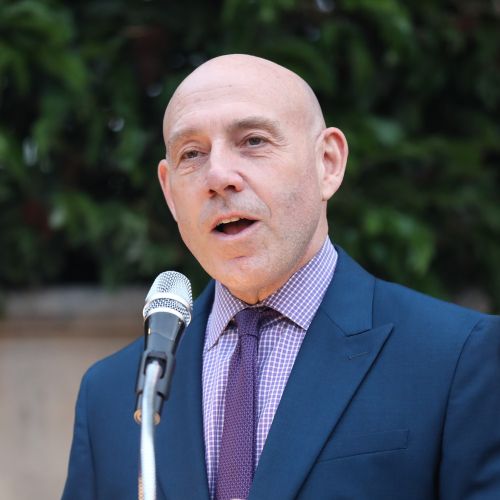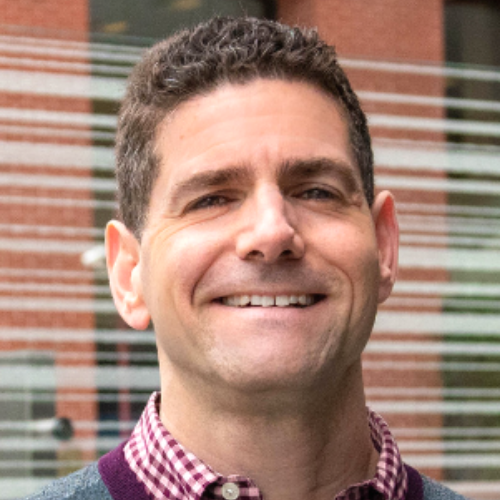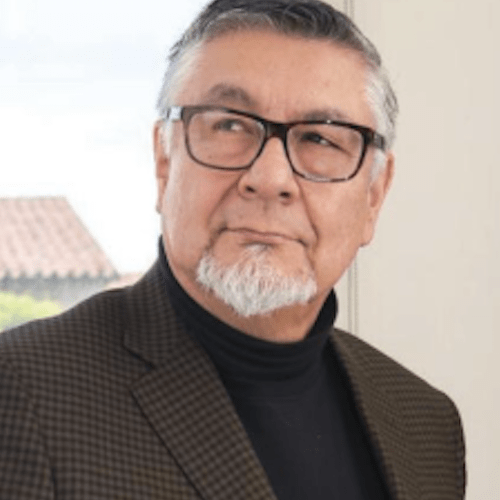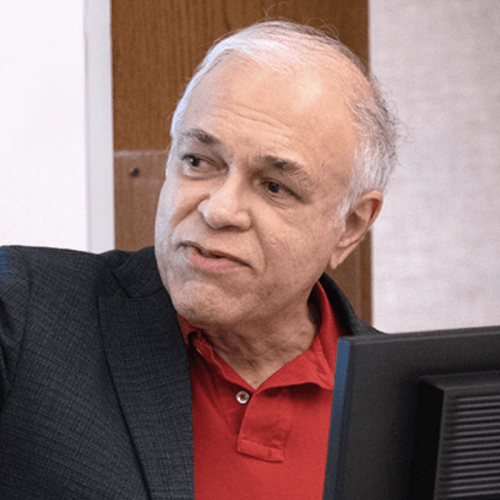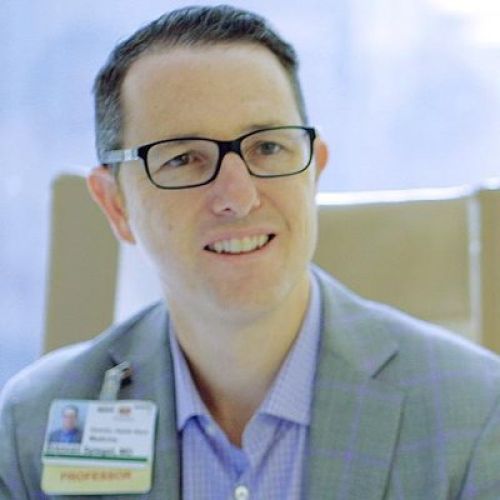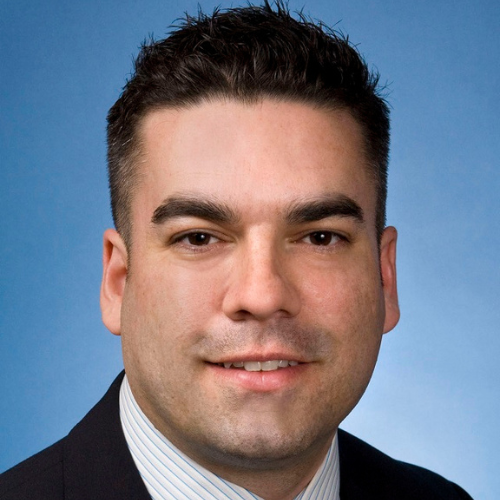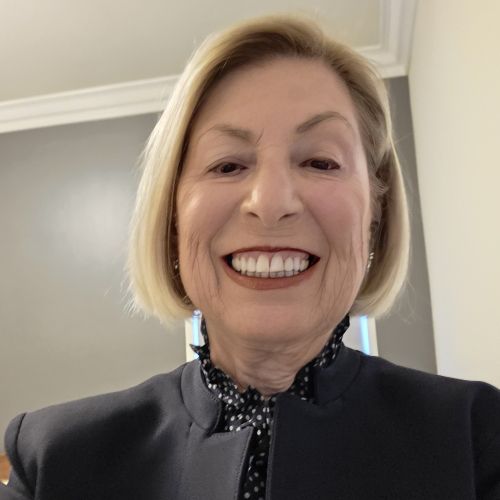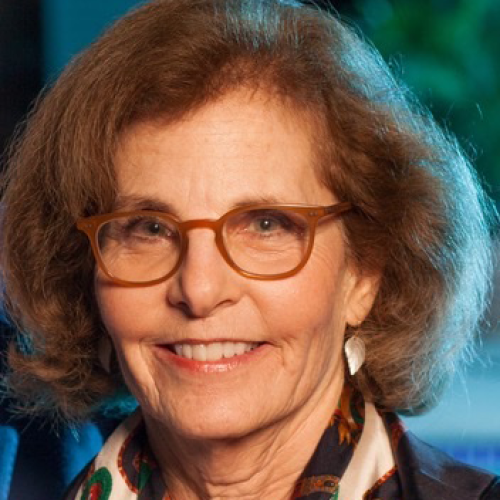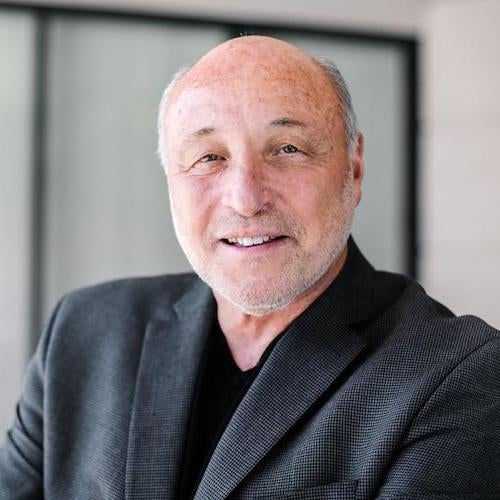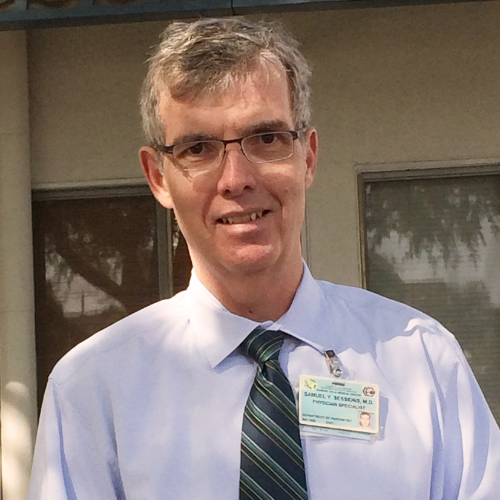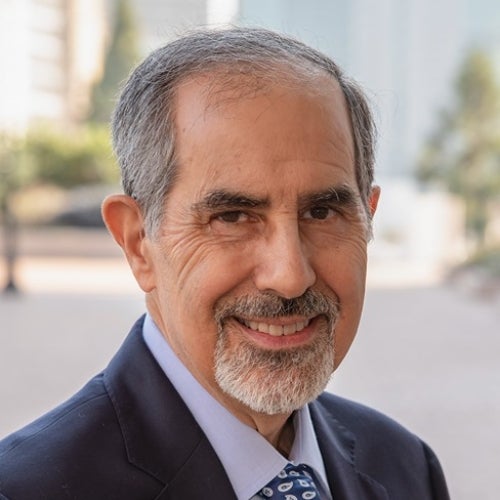U.S. needs greater preparation for next severe public health threats, independent panel finds
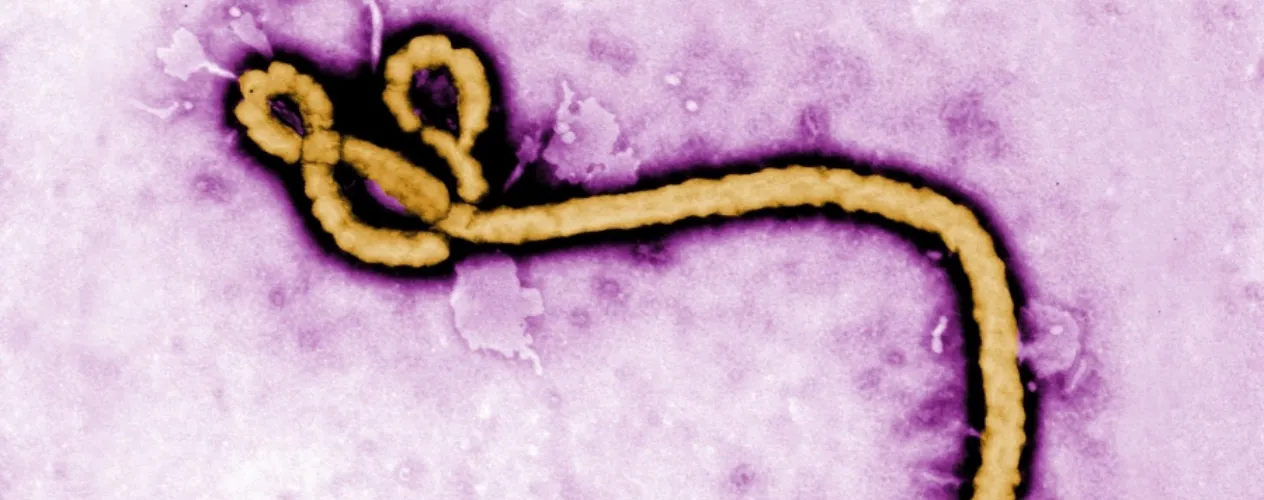
In a report released today by the U.S. Department of Health and Human Services (HHS), an Independent Panel formed to review HHS’s response to Ebola made several recommendations on how the nation’s federal public health system should strengthen its response to major public health threats, both internationally and domestically.
The report calls for increased coordination both within HHS and across all involved federal agencies. It also recommends strengthened coordination and collaboration with state and local governments and their private-sector partners. The panel’s recommendations emphasize the critical need for constant focus and ongoing funding for preparedness and response necessary to change systems and policy if the U.S. is to be sufficiently prepared for public health crises.
“More than 11,000 people lost their lives during the Ebola outbreak of 2014-2016. But without the unstinting commitment of many HHS employees and international partners who fought tirelessly to help affected West African nations identify and contain this epidemic, many more lives would have been lost and the risk of dissemination outside that region greatly increased. We are grateful for their bravery and sacrifice. Yet it’s critical that we better prepare our nation for the ever-looming threats to the health of our U.S. and global communities,” said Dr. Jonathan Fielding, Distinguished Professor at UCLA, who chaired the Independent Panel. “Without focused and sustained effort, the result of other novel public health threats could be much more devastating.”
The Independent Panel, comprised of public health, healthcare, emergency response, and communication experts, convened in July 2015 at the invitation of HHS Secretary Sylvia Mathews Burwell. Charged with capturing critical lessons learned from HHS’ response to Ebola, the panel’s review included a survey of over 1,100 HHS staff involved in the international and domestic response and interviews with more than 200 individuals representing local, state and federal agencies, including HHS, and key private and independent sector organizations involved in responding to Ebola. The panel also reviewed situation reports, leadership briefs and after-action reports from HHS and other federal agencies, and reconstructed a timeline of milestones and key activities throughout the response.
“There are important lessons learned from Ebola that can improve our current response to Zika and preparedness for the next global communicable disease threats,” said Dr. Fielding. “I share other panel members’ concern that Congress is requiring money be taken from continuing efforts needed to strengthen public health preparedness and the fight against Ebola—to be used instead for fighting Zika. We believe this would increase our vulnerability to a resurgence of Ebola and retard efforts critical for longer term preparedness. We can’t rob Peter to pay Paul and protect our nation’s health. Congress needs to act now to provide separate appropriate resources to fight Zika, which poses a serious current threat to our nation’s health.”
Key Findings
The report’s Key Findings focus on these primary areas of concern:
- The World Health Organization lacked strong leadership and response coordination, hindering the international response.
- HHS is not configured or funded to respond to a prolonged public health or medical emergency overseas or at home.
- The U.S. government was not sufficiently prepared to respond to emergent crises that require an integrated domestic and international rapid response.
- HHS did not use existing pandemic plans. Nor did the U.S. government make full use of the National Response plan.
- HHS’ early communication did not demonstrate an appreciation of the public’s perceptions and fear, or discuss the possibility of isolated U.S. Ebola cases.
- There is serious need for more effective coordination with state and local governments for many reasons, including the need to address different and sometimes conflicting policies and authorities for specific response measures such as quarantine or waste management.
- HHS did not anticipate such issues as the complications in setting up Ebola Treatment Centers.
- Differing perspectives within HHS as to the most appropriate ways to use and evaluate investigational vaccines and treatments contributed to incomplete evaluation of the efficacy of these products.
Key Recommendations
- The report calls for HHS to help low resource countries to strengthen public health and medical care capabilities through pursuing the activities of – and committing funding for -- implementation of the Global Health Security Agenda, thereby strengthening international detection and response to urgent public health threats.
- HHS must expand and strengthen multi-lateral alliances to better facilitate rapid and effective response. This includes working with nations for more constructive cooperation and coordinated response, including agreements on guidelines for the development of vaccines and medicines.
- HHS must strengthen coordination and collaboration across the federal government. The report recommends that HHS improve coordination with all U.S. government response partners. It calls for coordination with the National Security Council to define roles for HHS and other departments in crises with simultaneous international and domestic components.
- HHS must develop a public communication framework that conveys the critical concepts of public health response and emergency risk communication to be used for all governmental responses and to serve as the basis for a common public health communication system.
- HHS should consider establishing multidisciplinary assessment teams to make early and rapid recommendations for appropriate HHS response to urgent international public health threats. HHS should determine whether and how to maintain readily deployable medical personnel to treat patients in response to requests from other nations during these threats.
- HHS must institutionalize a response structure that integrates public health and medical services in accordance with incident command principles.
- The U.S. government should provide sustained funding to HHS for emergency preparedness and response, and contribute to the readiness of its public health partners at the state and local levels.
- In order to have more consistent proactive collaboration with state, local and private sector partners, HHS must develop and implement a national outreach plan that leverages HHS regional offices, public health agencies and other organizations as well as other stakeholders.
Former President of CARE, panel member Dr. Helene Gayle stated, “Despite heroic efforts to combat the Ebola crisis, there is much to be done to be prepared for current and future threats to public health. We cannot continue to treat each health threat as a one off event or balance one against the other. We need comprehensive preparedness planning and consistent federal funding. Resources and action in a coordinated way are critical now and in the future if we are going to avoid the preventable loss of lives and human suffering here in the U.S. and around the globe.”
Panel member Adm. Thad Allen, U.S. Coast Guard (Ret.) said, “The United States continues to see novel or unprecedented events arise that require adaptation or development of new approaches to create a whole of government response. The Ebola outbreak challenged many existing policies and doctrine. However, previous work done to prepare for a pandemic and the broader National Response Framework for dealing with crises and disasters could have been more fully employed to support a more effective response by HHS and other government agencies. Our recommendations have been received and are being acted upon by Secretary Burwell and her leadership team and we thank them for their support.”
Accompanying the release of the independent panel’s report, HHS provides a detailed Ebola Response Improvement Plan. That report reflects the progress that HHS is making and planning. Speaking on behalf of all panel members, Dr. Fielding stated, “Since the panel’s work began 11 months ago, HHS has been taking specific actions to strengthen its response. We want to acknowledge and commend the progress made, but more must be done. We request HHS issue progress reports to the public on a regular basis.”
Members of the Independent Panel
- Dr. Jonathan Fielding (Panel Chair), Distinguished Professor of Health Policy and Management, and Pediatrics at the University of California, Los Angeles, Fielding School of Public Health and Geffen School of Medicine; former Director of the Los Angeles County Department of Public Health; former Commissioner of the Massachusetts Department of Public Health
- Admiral Thad Allen, U.S. Coast Guard (Ret.); former Commandant of the U.S. Coast Guard; former National Incident Commander for the unified response to the Deepwater Horizon oil spill; former Principal Federal Official for the U.S. government’s response and recovery operations following Hurricanes Katrina and Rita throughout the Gulf Coast region
- Dr. Benjamin Chu, President and CEO of the Memorial Hermann Health System; former President of the Southern California Region, Kaiser Foundation Health Plan, Inc. and Hospitals; former President of New York City Health and Hospitals Corporation; former chair of the American Hospital Association Board of Trustees
- Ms. Julia Galdo, Former Managing Director, Health Communication and Social Marketing, American Institutes for Research (retired); co-author of the Centers for Disease Control and Prevention’s (CDC’s) Crisis and Emergency Risk Communication
- Dr. Helene Gayle, Chief Executive Officer of the McKinsey Social Initiative; former President and CEO of CARE; former Director of the National Center for HIV, STD, and TB Prevention at CDC and former Assistant Surgeon General of the U.S. Public Health Service
Faculty Referenced by this Article

EMPH Academic Program Director with expertise in healthcare marketing, finance, and reproductive health policy, teaching in the EMPH, MPH, MHA program

Professor of Community Health Sciences & Health Policy and Management, and Associate Dean for Research

Dr. Ron Andersen is the Wasserman Professor Emeritus in the UCLA Departments of Health Policy and Management.
Nationally recognized health services researcher and sociomedical scientist with 25+ years' experience in effectiveness and implementation research.

Dr. Michelle S. Keller is a health services researcher whose research focuses on the use and prescribing of high-risk medications.


